California Households Owe $1 Billion in Water-Bill Debt
A statewide survey indicates that low-income households and communities of color are most affected by overdue water bills that have climbed during the pandemic, further hurting those who were already in financial distress.
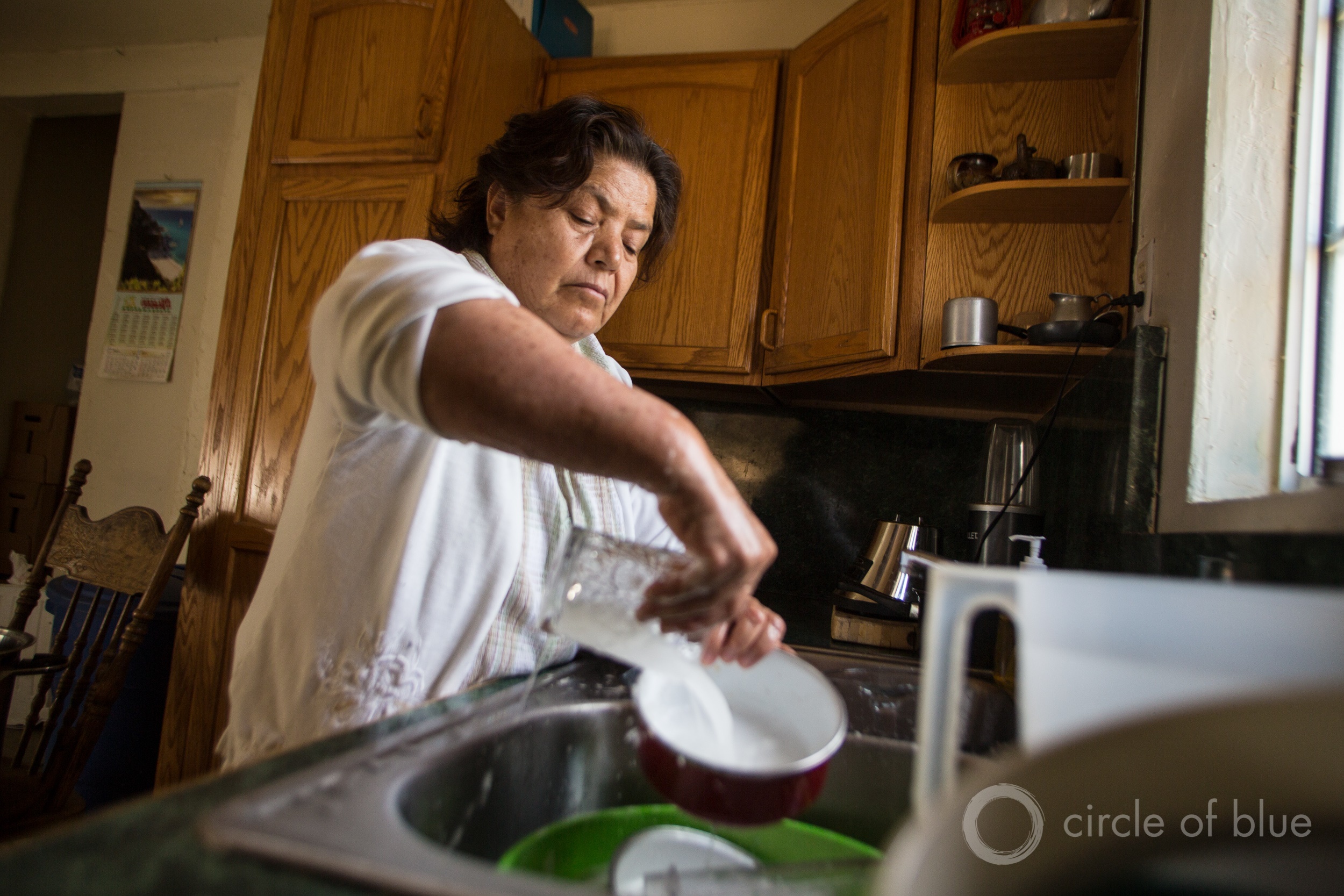
Belan Ruia makes every drop of water count as she washes dishes in April 2015 in her East Porterville, California, home. Photo © J. Carl Ganter/Circle of Blue
By Brett Walton, Circle of Blue
Household water-bill debt in California has soared in the wake of the coronavirus pandemic, worsening a water affordability crisis that has hit the state’s low-income residents and communities of color the hardest.
A survey by the state’s water regulator estimates that about 1.6 million households have a combined water debt of $1 billion, which is growing by about $100 million each month. The State Water Resources Control Board also found that 155,000 households are deep in debt, owing more than $1,000 to their water departments. Many of those deep-debt households are in poorer areas of southern and central Los Angeles County, the data showed.
Using ZIP code-level data and demographic characteristics on income and race, the board’s survey also revealed that the pandemic and water debt are causing the most pain among those residents who were already in financial distress.
“People who were already hurting pre-Covid — communities that were lower-income, Black and brown communities — are those that have been most heavily impacted overall and by the water debt,” said Max Gomberg, conservation and climate manager at the State Water Resources Control Board.
The survey reveals the magnitude of a problem that many observers knew had grown quite large in the nearly 10 months since Gov. Gavin Newsom issued an executive order that prohibited utilities from shutting off water service to households during the health emergency because of unpaid bills. Though residents have not been penalized for late payment by having water turned off, the amount they owe to the water department continues to accumulate if they do not pay.
Jonathan Nelson of the advocacy group Community Water Center called the statistics “sobering” and indicative of a pending drinking water crisis in California’s urban and rural areas that will affect its poorest residents and communities of color, which already bear the brunt of polluted water.
“This is unequivocally a matter of environmental justice and racial justice,” Nelson told the water board.
The California survey is the most extensive statewide analysis of household water debt. More-limited evaluations in states like North Carolina also found that the pandemic is causing water debt to rise among those residents who were already struggling. A Circle of Blue investigation into household water debt in a dozen large U.S. cities found 1.5 million past-due accounts that owed $1.1 billion.
In addition to households, the California water board’s survey also assessed financial impacts on utilities. The board created a vulnerability rating for each utility, based on revenue, expenses, and cash reserves. About 10 percent of utilities, most of them serving fewer than 10,000 customers, rated as “high” or “extreme” financial risk, meaning they might need assistance in the next few months.
Financially stressed utilities plan to survive this period of turmoil by cutting capital projects like tank replacements, drawing on reserves, shifting money from other municipal funds, or raising rates. It’s a strategy that will see them through the winter, but one that introduces significant risks of failure in the longer-term.
“Don’t panic, but be very worried,” concluded Darrin Polhemus, deputy director of the Division of Drinking Water, about the high-risk systems.
Laurel Firestone, a water board member, said she was worried that cost-cutting measures could result in local water crises as in Flint, where officials did not use proper water treatment chemicals in order to save money. It’s a legitimate concern, given that the systems that are financially struggling often already have difficulty providing clean water.
Joaquin Esquivel, chair of the water board, said that the economic pressures of the last year “further unearthed the stress cracks” among water systems that regulators were concerned about even before the pandemic.
Laura Feinstein, the sustainability and resilience policy director at SPUR, said that water utilities and policymakers need to pay attention to three items as they look to unwind household debt loads.
Feinstein said that assistance programs should reach as many eligible households as possible, which current programs in the Bay Area have largely failed to do. In certain cases, utilities might need to consider debt forgiveness for households with extremely high debt burdens. And state and federal agencies will need to help out with funding because, except for the largest utilities, most water providers can’t solve customer debt problems on their own.
“They just don’t have enough revenue from non-ratepayer sources to run an assistance program that reaches 80 to 90 percent of eligible customers,” Feinstein told Circle of Blue.
The federal government has already stepped up, albeit in a limited way. In December, Congress allocated $638 million for water debt relief. Spread among states and tribes, that amount of money is a drop in the bucket, as the California data shows. President-elect Joe Biden wants to go bigger. His $1.9 trillion Covid-relief proposal includes $5 billion for energy and water bill arrears.
State representatives also see an opportunity. Sen. Bill Dodd announced legislation on Tuesday that would establish a state water-bill assistance fund, something that the board has already studied.
Brett writes about agriculture, energy, infrastructure, and the politics and economics of water in the United States. He also writes the Federal Water Tap, Circle of Blue’s weekly digest of U.S. government water news. He is the winner of two Society of Environmental Journalists reporting awards, one of the top honors in American environmental journalism: first place for explanatory reporting for a series on septic system pollution in the United States(2016) and third place for beat reporting in a small market (2014). He received the Sierra Club’s Distinguished Service Award in 2018. Brett lives in Seattle, where he hikes the mountains and bakes pies. Contact Brett Walton

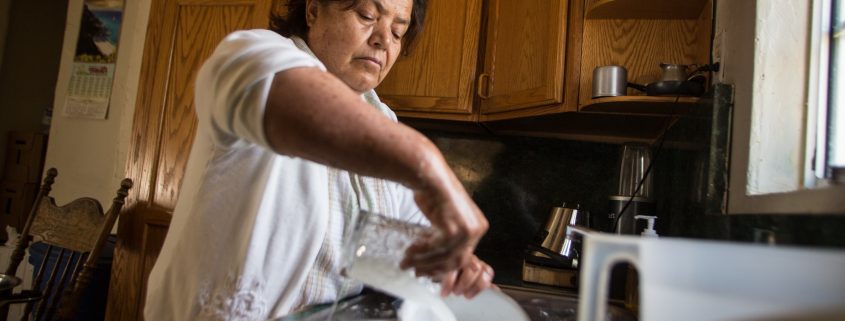




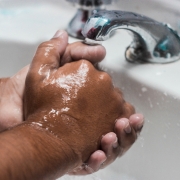
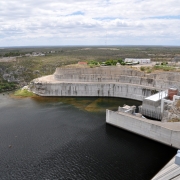
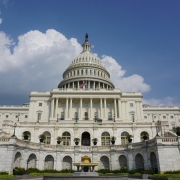



Leave a Reply
Want to join the discussion?Feel free to contribute!